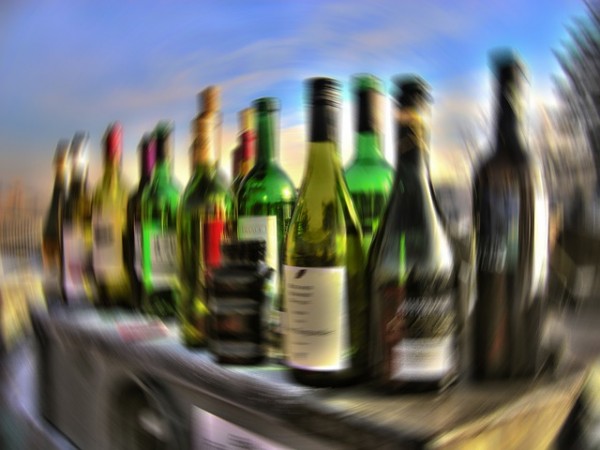
While genetics can help determine the susceptibility of adolescents to alcoholism, in the end peer pressure seems to have more control.
In a recent article published in CBS News, a study by the Washington University School of Medicine researches points out the power peer pressure has on many teens, influencing their decision to drink.
The study, which can already be read in the Alcoholism: Clinical & Experimental Research, includes data assessment going back as far as 1989. The information is derived from a collaborative study that focuses on the relationship between alcoholism and genetics.
The researchers, with Emily Olfson as the lead author, then interviewed men and women who had history of alcohol addiction in the family. They also obtained blood samples. All these results were then matched on the data gathered from individuals who have no history of alcohol drinking personally or in the family.
Based on their analysis, only 6% of their subjects contained the ADH1B, a gene variant that causes hangover symptoms such as nausea, headache, and vomiting after drinking only a small amount of beer. Because of the after-effects, more often, people with the said genes avoid drinking entirely.
However, even when these people carried the gene variants, they still developed drinking habits early in life, primarily because many also reported to have friends who were also drinking.
Simply put, even if these genes can be present, teens may still be compelled to drink due to exposure to friends who do.
Underage drinking is becoming more common in the United States. In a 2011 study, over 22% of the surveyed teens had engaged in binge drinking and 8% drove after being intoxicated. Usually teens are encouraged to drink by their peers or their desire to feel they belong. Moreover, experts believe that around these ages, the brain isn't fully developed yet, so teens don't make the best decisions for themselves.



